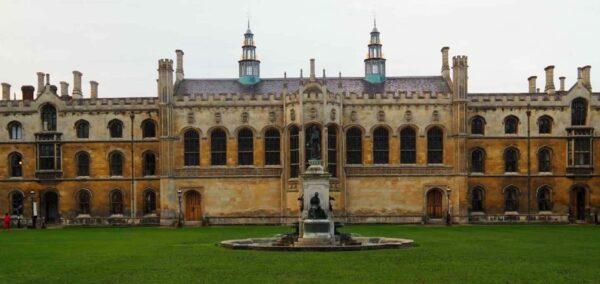
UK’s first ‘light pollution study centre’ established at Lancaster University
Professor Nick Dunn aims to use the centre to evaluate the effect of light pollution
Lancaster University has established the UK’s first “light pollution study centre”, reports BBC News.
The university’s research laboratory will be examining the “impact of light pollution on human health and nature”.
The aim of the “Dark Design Lab” is to investigate the effect that a surplus of artificial light.
Professor Nick Dunn, Executive Director of ImaginationLancaster and Chair of Urban Design, told BBC News that it is crucial to “protect dark skies”, so the project “will work with town planners to combat the problem”.
Professor Dunn explained that 99 per cent of people in the UK, Europe and North America “live under a light-polluted sky”, a number which fits in to the 83 per cent of the world’s population.
He said: “Light and dark is essential to us as human beings. People who are exposed to excessive illumination at night, they’re having their biological clocks go out of sync.
“If we get rid of dark skies then actually what is happening to us as humans in potentially very serious health consequences”.
Professor Dunn’s objective is not to delete all artificial light from cities, but he acknowledges that its impact can affect wildlife in terms of migration of predation and mating behaviours.
“We want our cities and other places at night to be safe and inclusive for everybody,” he continued.
“But what we do need is responsible, lighting, so that we can make sure we have environments that are beneficial to all, but also for the many creatures that we share this planet.”
Featured image credit: Lancaster University on YouTube

















